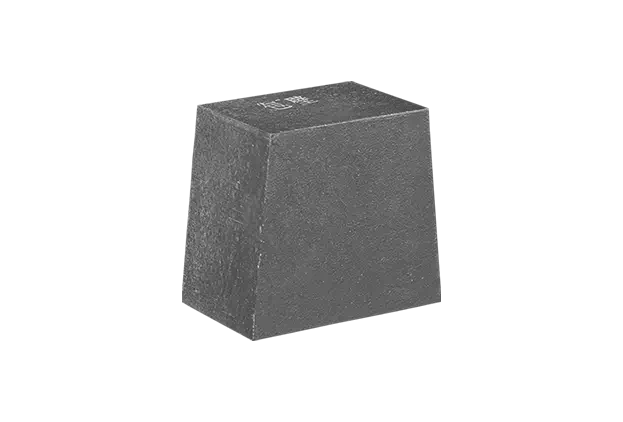In the realm of industrial materials, carbon bricks stand as a pinnacle of performance, particularly in high-temperature settings. Constructed from high-quality carbon components, such as coke, these refractory bricks boast the capability to withstand temperatures exceeding 3000°C, thereby offering unparalleled durability and efficiency.
The primary advantage of carbon bricks lies in their remarkably high-temperature resistance. Whether in furnaces or reactors, these materials can endure extreme conditions without losing integrity, making them essential for industries operating under such rigorous environments.
Another vital feature is their excellent thermal conductivity, which is crucial in enhancing overall energy efficiency. By rapidly conducting heat, carbon bricks minimize energy loss, allowing industries to operate more sustainably and profitably.
Carbon bricks exhibit impressive chemical stability, resisting corrosion from acids, alkalis, and molten metals. This resistance ensures that facilities experience less downtime and lower maintenance costs, contributing to increased operational efficiency.
In addition to thermal properties, carbon bricks are designed to withstand physical impacts and abrasion. Their robust nature means they can endure harsh environments, making them indispensable in manufacturing plants.
One of the lesser-known yet crucial attributes of carbon bricks is their low thermal expansion coefficient. This characteristic minimizes the risk of thermal cracking and deformation at high temperatures, further ensuring the longevity and reliability of industrial applications.
The versatility of carbon bricks makes them suitable across various industries. In the metallurgy sector, they are ideal for lining furnaces and converters. The chemical industry benefits from their resistance in reactors and kilns. Additionally, high-temperature processing in petrochemicals, glass manufacturing, and cement production relies heavily on the durability and performance of carbon bricks.
In summary, the unique combination of high-temperature resistance, exceptional thermal conductivity, and excellent chemical stability positions carbon bricks as a vital material for numerous industries. As companies strive for efficiency and durability in challenging conditions, the adoption of carbon bricks can lead to significant operational advancements.

